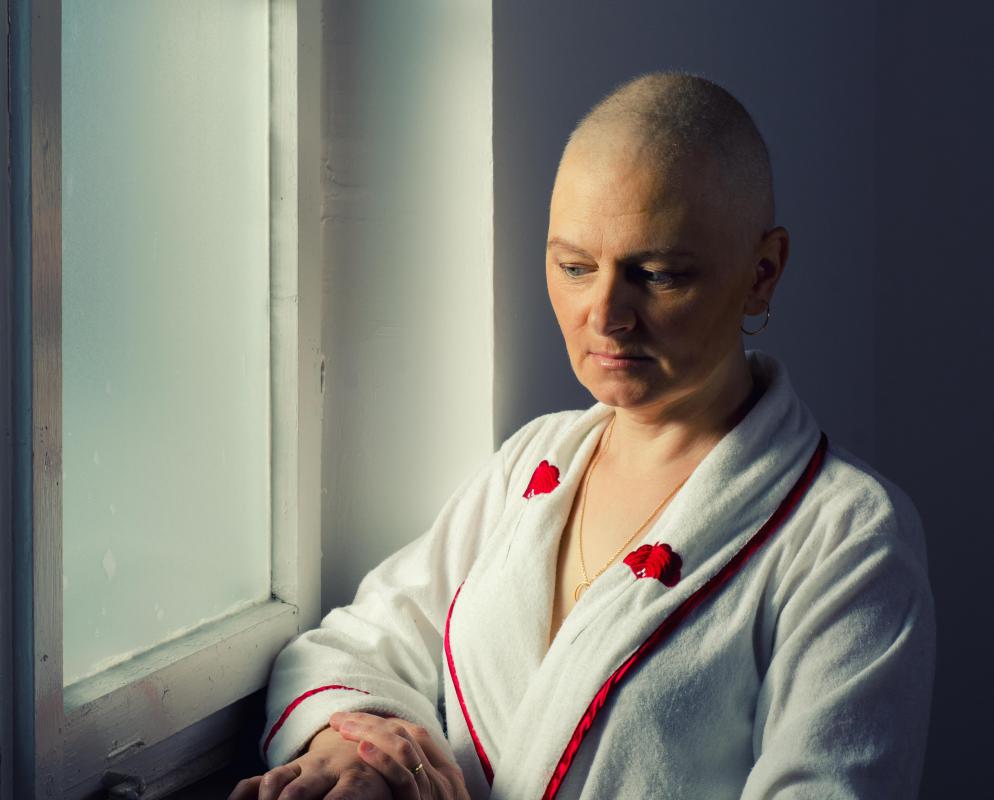At WiseGEEK, we're committed to delivering accurate, trustworthy information. Our expert-authored content is rigorously fact-checked and sourced from credible authorities. Discover how we uphold the highest standards in providing you with reliable knowledge.
What is a Course of Chemotherapy?
A course of chemotherapy is a specific period of time in which cancer-fighting medications are administered. Some cancer patients receive one course of chemotherapy in a continuous dose. Others receive several courses of chemotherapy with resting periods in between to allow their bodies to recover after each treatment interval. Chemotherapy can be delivered in several different ways and with one or a combination of drugs. Chemotherapy is often combined with surgery or radiation to fight cancer and typically produces significant side effects.
Chemotherapy is often prescribed to fight cancer. The chemicals in chemotherapy drugs are powerful and can usually decrease or eliminate the rapid growth of cancer cells in the body. Sometimes chemotherapy is administered alone, but often, it is coupled with surgery or radiation therapies. During surgery to remove a tumor, time-released chemotherapy drugs may be implanted near the tumor site. A course of chemotherapy is often given before surgery or radiation to shrink tumors to a more manageable size, and sometimes chemotherapy is administered to manage the pain of cancer, a practice called palliative care.

Drugs used in chemotherapy are sometimes self-administered as daily or weekly pills or injections at home. More invasive methods of chemotherapy medications are usually given in a doctor’s office or hospital. These include drug delivery by catheter into the bladder, intravenous flow into a vein, or infusion into the abdomen or chest. A course of chemotherapy can include one or all of these methods of drug delivery.

The determination as to how many courses of chemotherapy are required depends on the type, location, and stage of cancer. The patient’s overall health is also a determining factor. Someone in generally good health may be able to withstand a single course of chemotherapy while a patient with other health problems may need intervals of rest after each course of treatment. Some medications are more effective when spread out over a longer time period than when given in quick succession.

A course of chemotherapy can have negative physical and psychological side effects. Nausea and vomiting are common immediate side effects of chemotherapy, as is diarrhea, fever, and fatigue. As the chemotherapy progresses, many patients experience significant hair loss, and some develop painful sores inside the mouth. Some chemotherapy drugs can cause delayed problems such as lung and kidney damage, heart problems, and nerve damage. The immediate and delayed side effects of a course of chemotherapy generally depend on the type and amount of drugs used.
AS FEATURED ON:
AS FEATURED ON:















Discuss this Article
Post your comments